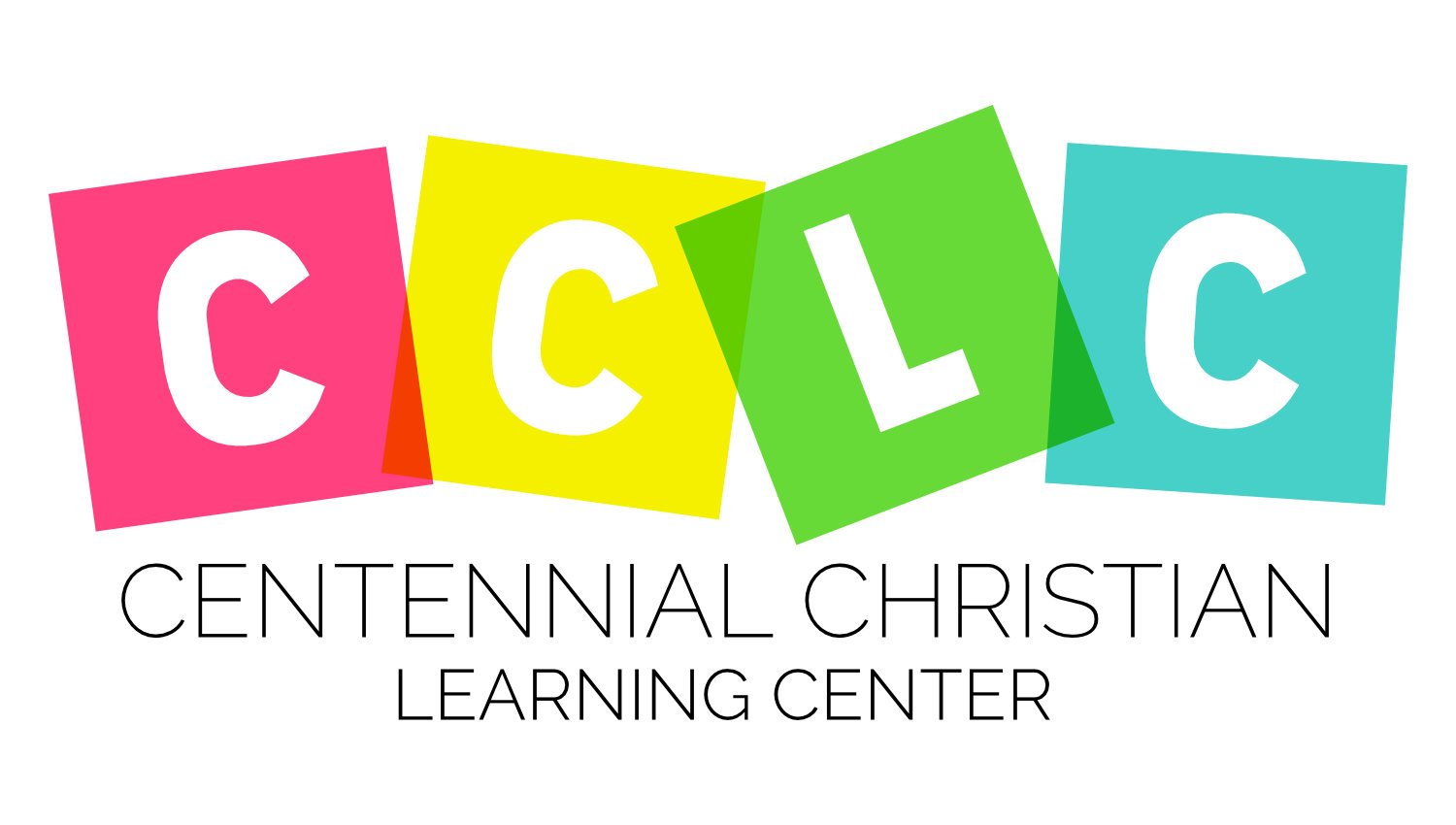5 Reasons Your Child Should Attend Preschool
5 Reasons Your Child Should Attend Preschool
Deciding when to send your children to school is a difficult decision. Weighing the pros and cons and costs and benefits can be exhausting! Here’s a list of benefits that may help decide when the right time is for you to consider enrolling your child in preschool and what outcomes you should expect.
Social and Emotional Development in Preschool:
Healthy & Safe Relationships with other Trusted Adults. Sending your child to Preschool and introducing them to other adults that they can begin to build trust with is a big step for little kids. Although this may be a big step for parents too, it is incredibly helpful for your children to develop relationships outside their family unit. Centennial Christian Learning Center helps foster that warm and nurturing relationship among the children, parents, and teachers that attend here.
Developmental Routines. Children thrive when the routines and consistency of care and support at home and in preschool. Our teachers send home weekly breakdowns of what your children will be learning that week. These sheets help the parents be a part of their children’s learning experience, this allows the room for conversations and understanding between parent and child.
Spiritual Foundations and Building Blocks. Our Christ Centered curriculum is a firm foundation of values and spirituality. We inspire their minds while also shape their hearts. We want to inspire the children to honor and respect God through their words and their actions. Each student will be taught and shown by their teachers to love and honor each other as well.
Space to Process Emotions. The 3 year olds, 4 year olds, and 5 year olds learn to manage their frustrations, anger, and resolve conflicts. Our instructors allow children the time and space to work through their problems with other students but will intervene if necessary. They encourage the children to notice how their words or actions affect others and how to best process those feelings.
Structure in Schedules and Routines:
When you drop and pickup your little one you may see playing or recess. Know that these are crucial pieces to a routine that helps foster a love of learning and set framework for their days. Children know how the classrooms are setup for each portion of the schedule. Teachers know a routine is crucial for classroom effectiveness and help ease their students from one activity to another.
Music time, Dramatic play, Snack time, Reading, & Arts and Crafts are just some of the activities your child will see throughout a day at our preschool.
Cognitive Skills and Language Development:
During Preschool age, 3-5 years Language acquisition are crucial.
At 3 years old a child roughly knows around 1,000 words.
At 4 years old they will know around 1,500 – 1,600 words.
At 5 years old they will know around 2,000 words.
They learn these advanced through storytelling, singing, problem solving, understanding shapes, colors, building relationships with their peers, and talking to Mom and Dad.
The Early Child Care Research Network found in 2005 that a child’s language at age three correlates directly with that child’s reading abilities and word recognition in the third grade
Here is an example of how your child’s vocabulary will develop during the preschool years…
Age 3, “I saw a Dog”
Age 4, “I saw a brown dog at school today, mommy!”
Age 5, “I saw a brown dog at school today, it looks like the dog grandma has.”
Curiosity and Seeking Answers:
Teachers at Centennial Christian Learning center support their students using and stretching their imagination. Children are encouraged to ask questions, express their interests, and share their ideas during their activities. Playing make believe astronauts on the playground, asking their teacher what kid of bird that is, and finding a new bug crossing the sidewalk are all opportunities to stretch the imagination.
Imagination fuels learning. Even playing “house” allows children to negotiate roles, control their impulses, process conflict, and listen to others.
Motor Skills:
Preschool environments allow for children to explore, run, climb, and play.
There is also time for developing Fine Motor Skills with cutting with scissors, threading beads, playdough, mosaic crafts, and handling glue sticks.
Fine motor skills are the building blocks for children to begin handwriting ad drawing skills. These activities help strengthen the muscles in children’s hands to better hold items such as pencils and scissors.


